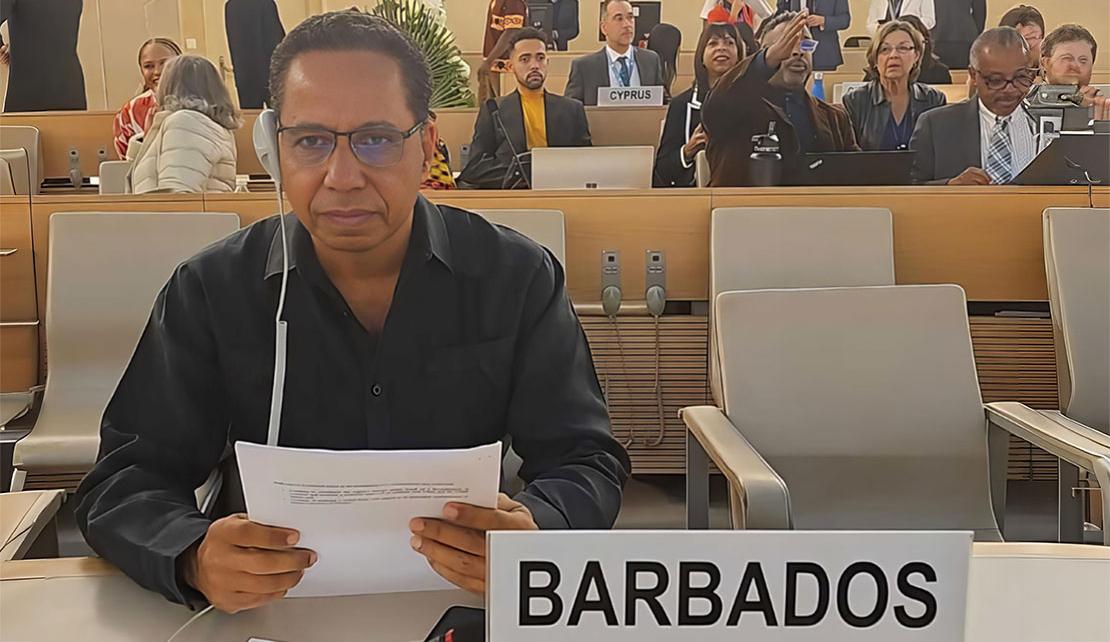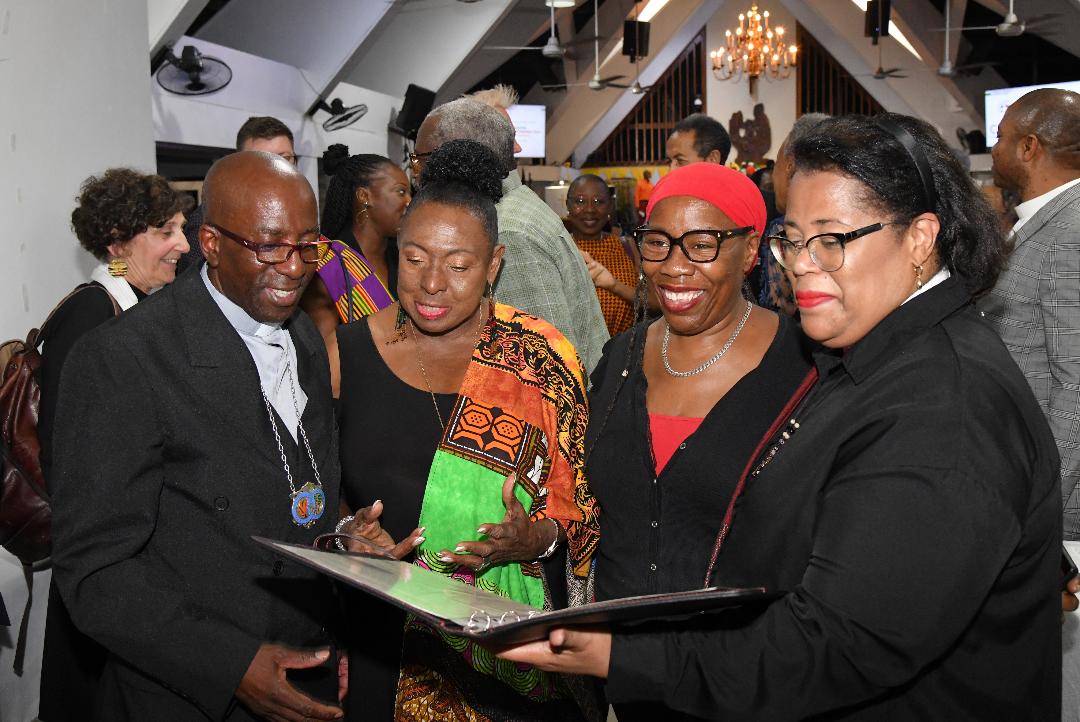#Kingston, June 18, 2018 – Jamaica – The European Union (EU) Delegation is introducing a new financing mechanism called ‘Blending’,  which involves the mixing of EU grants, with loans from other international development partners.
which involves the mixing of EU grants, with loans from other international development partners.
Speaking at a recently held JIS ‘Think Tank’, First Counsellor and Head of Cooperation at the EU Delegation, Ricardo Bardia Divins, said this will allow the government to leverage EU grant resources, in order to access a larger share of low-interest loans provided by international lending institutions.
“If in a given project the lending institutions are not able to approve funding for the project because of a risk issue, if we enter into the cooperation, then this would be possible,” he said.
The grants portion from the EU significantly improves the return on investment for the country and results in a larger scale programme that can have greater effects on more people.
Mr. Divins cited the Energy Management and Efficiency Programme, which was signed by the EU Delegation, the Inter-American Development Bank, the Japan International Cooperation Agency and the Ministry of Finance and the Public Service. It was funded under the Caribbean Investment Facility.
“If the EU did not intervene in this… many of the expected objectives would not have been met,” he said, adding that the support in this area will contribute directly to the retrofitting of seven public hospitals with solar panels and air-conditioning units aimed at lowering energy consumption.
The EU has provided financing for several programmes in the areas of agriculture, infrastructural improvement, private-sector development, health, justice, security and also budget support. Head of the EU Delegation, Jamaica, Ambassador Malgorzata Wasilewska said the EU remains the largest provider of grant assistance to Jamaica, and has spent some €1.5 billion in providing development assistance to the country.
“We are very proud to be the biggest donor partner to Jamaica. It is an extremely rewarding role to be in. You will see the European logo in many places across Jamaica…. It is rewarding but at the same time we are an example of the most comprehensive cooperation. We have paved the path,” she told JIS News.
Ambassador Wasilewska said ordinary citizens have benefited from the EU’s work, especially in the banana and sugar sectors. She mentioned the EU’s support of the Sugar Estates Barracks Relocation Project to construct new homes for sugar workers and their families. She said the EU is currently assisting the Government to modernize the justice sector. The Government and the EU has signed a Cooperation Agreement valued at 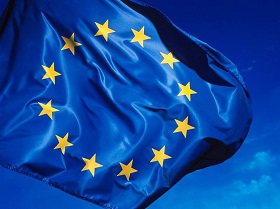 €24 million (or just over J$3 billion) to improve access to justice and the quality of justice services provided to Jamaicans.
€24 million (or just over J$3 billion) to improve access to justice and the quality of justice services provided to Jamaicans.
Additionally, courtrooms are to be outfitted with digital audio-recording equipment to improve efficiency in the clearance of cases and to reduce the backlog. Funding for the equipment cost some €1.76 million (or J$250 million dollars) under the Justice, Security, Accountability and Transparency (JSAT) project, which focuses on strengthening governance and oversight in the functioning of the security and justice systems.
The Ambassador said the partnership with Jamaica is “extremely important not only to us in the Delegation, but to the members states represented here and also to our headquarters”.
“As far as the regional dynamics is concerned Jamaica is definitely a leading country. Many countries look up to Jamaica in the region here. I think there are areas that if Jamaica succeeds, others are keen to copy and follow the models,” she added.
Explaining how the EU partners with the region, she mentioned the success of the Climate Change agreement.
“I think the Paris Agreement would not have been reached if the countries of this region and the countries of the European Union had not partnered together to support it, she said.
The Agreement aims to strengthen the response to the threat of climate change by keeping a global temperature rise below two degrees Celsius and to pursue efforts to limit the temperature increase. She said the EU encourages stronger integration in the region and the Caribbean.
“The European Union is not only a peace project, but the biggest integration regional project in the world today. Cooperation between 28 member states is not an easy thing to achieve,” she pointed out.
Meanwhile, EU Political Counsellor, Gavin Tench, said the EU has supported some diverse projects. He mentioned the assistance given to farmers for the breeding of particular types of goats and the cultivation of better resistant strains of bananas “so that the recovery after a hurricane is quicker”.
He said the EU has also supported marine protection and road rehabilitation projects.
 “We work very much on poverty reduction in some inner-city communities, we have helped refurbish schools, community centres so that the young and the old are involved in our work as well,” he said, adding that the organisation has been involved in all the 14 parishes.
“We work very much on poverty reduction in some inner-city communities, we have helped refurbish schools, community centres so that the young and the old are involved in our work as well,” he said, adding that the organisation has been involved in all the 14 parishes.
For her part, Permanent Secretary in the Ministry of Foreign Affairs and Foreign Trade, Ambassador Marcia Gilbert Roberts, said the European Union has been “an excellent partner” over the past 43 years. She said although Jamaica enjoys diplomatic relations with European countries represented in Jamaica, “it is the Union which has come together to give us these donor funds”.
While noting that few countries can survive without partnerships, she said there are signed agreements between Jamaica and the EU through which resources are allocated in the partnership for development. One such agreement, she said is the Cotounou Partnership Agreement, “which forms the framework for the funding that is provided”.
The agreement which expires in 2020 was signed in Cotonou, Benin Western Africa in June 2000, between the EU and the African, Caribbean and Pacific (ACP), a group of 79 states.
By: Elaine Hartman Reckord
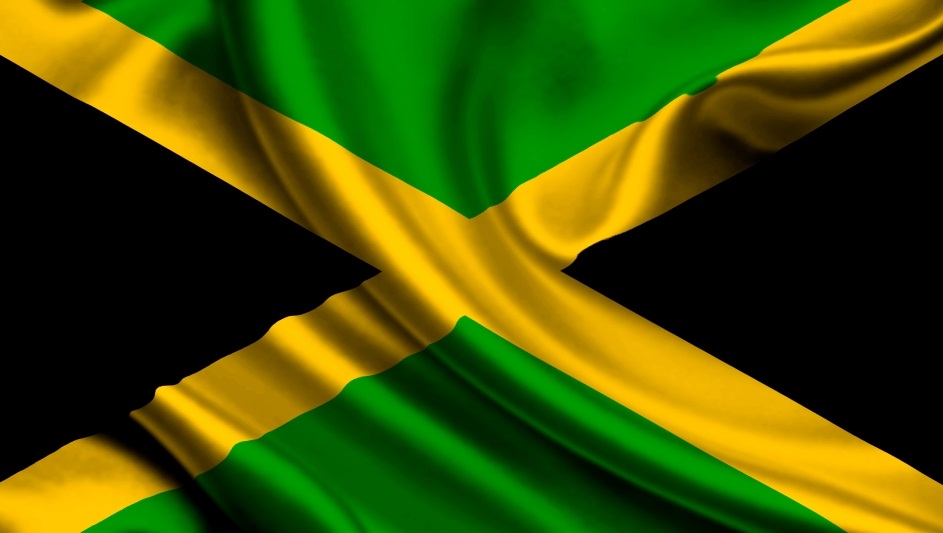

 News1 day ago
News1 day ago
 Health1 week ago
Health1 week ago
 Caribbean News3 days ago
Caribbean News3 days ago
 Caribbean News6 days ago
Caribbean News6 days ago
 Health1 week ago
Health1 week ago
 Caribbean News6 days ago
Caribbean News6 days ago
 Bahamas News4 days ago
Bahamas News4 days ago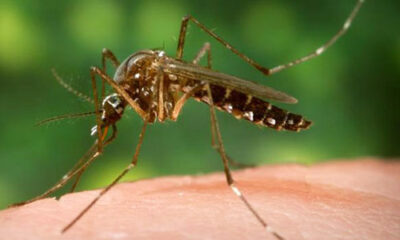
 Caribbean News1 week ago
Caribbean News1 week ago



